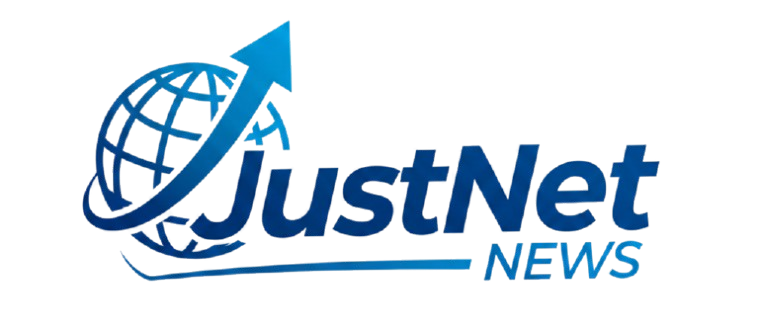
Financial Strategist and Aviation Analyst, Mary Olowo-Soyeke, has emphasised the need for innovative funding models to propel Nigeria’s airline industry forward.
Representing Dr. Gabriel Olowo, President of Sabre Network, at the League of Airport and Aviation Correspondents (LAAC) 2025 Conference, Olowo-Soyeke highlighted the alarming disparity between Nigeria’s on-time performance (OTP) rate of 48 per cent and the global average of 81 to 83 per cent. She attributed this gap to systemic inefficiencies, aging fleets, and infrastructure limitations.
To address these challenges, Olowo-Soyeke outlined various financing options, including equity financing through Initial Public Offerings (IPOs) and debt financing via bonds and institutional loans. She also discussed sale and leaseback arrangements, export credit agency financing, and aircraft leasing models such as wet, dry, and hybrid leases. Additionally, she mentioned Nigeria-specific interventions like the Power and Airline Intervention Fund (PAIF) and the Central Bank of Nigeria’s N300 billion support funds.

Olowo-Soyeke stressed the importance of targeted, transparent deployment of these resources and emphasised that legal and regulatory compliance is crucial for sustainable financing. She cited the need for adherence to the Nigerian Civil Aviation Regulations 2023 (NCAR 2023) and highlighted the importance of ethics in aviation financing. “The decision between what is right and what is convenient defines the future of aviation in Nigeria”, she stressed.
With at least 14 Nigerian airlines having folded since 1990, Olowo-Soyeke’s presentation served as a wake-up call, urging airlines to prioritise ethics over profit and adopt strategic financing models to avoid stagnation. “Aviation is the lifeblood of global trade, tourism, and innovation, but without fuel from financing, it cannot fly”, she declared.
Without strategic financing, operational discipline, and ethical leadership, Nigeria’s aviation sector risks stagnation, she emphasised.



